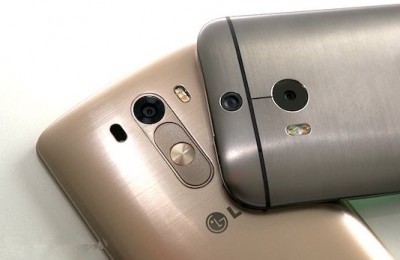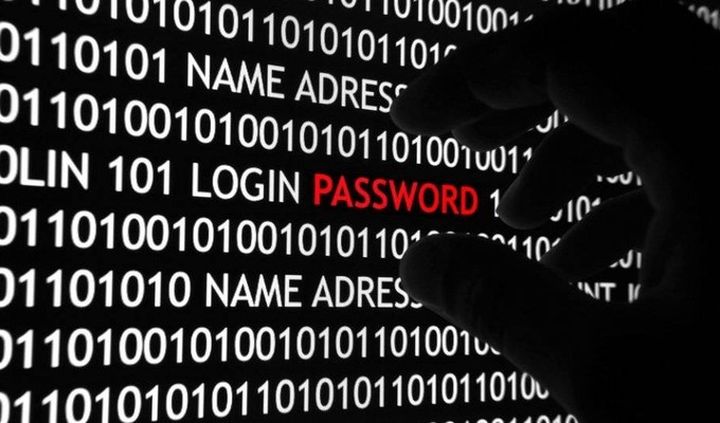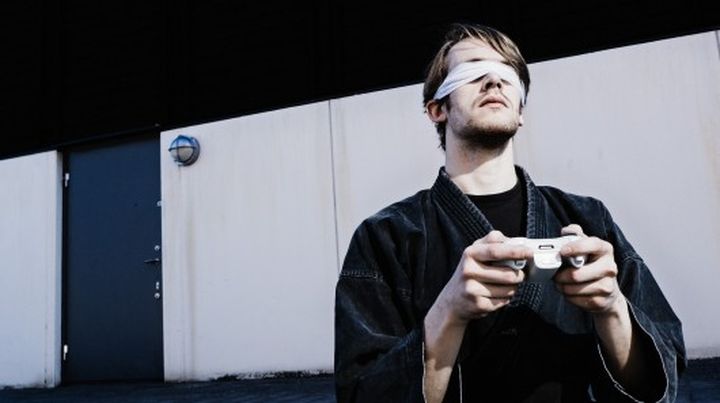After five years of debate the House of Representatives of New Zealand issued a bill that totally changes the relationship of patents and licenses in the country. Resource Engadget reports that the bill was supported by 117 of the 121 members of the House of Representatives.
Some have suggested that up to this time in the Agreement on Trade Related Intellectual Property Rights (Agreement on Trade-Related Aspects of Intellectual Property Rights, TRIPS) existed inaccuracies. According to TRIPS, «patentable subject to any inventions, whether the product or process of manufacture in all areas of engineering and technology.” This law seeks to remedy the situation, at least in New Zealand.
One of the points of the bill says that the software does not fall under the concept of “invention” and can not be patented. This means that New Zealand is still possible to obtain patents on processes or technology, but the code, after the entry into force of the law, no more patentable subject. Unfortunately, the law is not retroactive, and previously issued on software patents remain in force.
Resource ArsTechnica notes that the law has some exceptions. For example, one of the positions indicates that the program code may be in the patent, if it leads to a significant improvement of the hardware. As an example, the software controlling the washing machine, which allows her to wash better and thus makes energy efficient, can be patented.
Thus, New Zealand has decided to make the first step towards companies suffering from the attacks of patent trolls and protracted litigation. At the moment there is only one question: whether other countries will follow the example of New Zealand? Of course, the rejection of patents in the United States is unlikely to happen, but just this year to Congress was submitted six bills aimed at fighting patent trolls.
Read another very interesting article about alternative energy of the Sun, water and air.






Muchas gracias. ?Como puedo iniciar sesion?